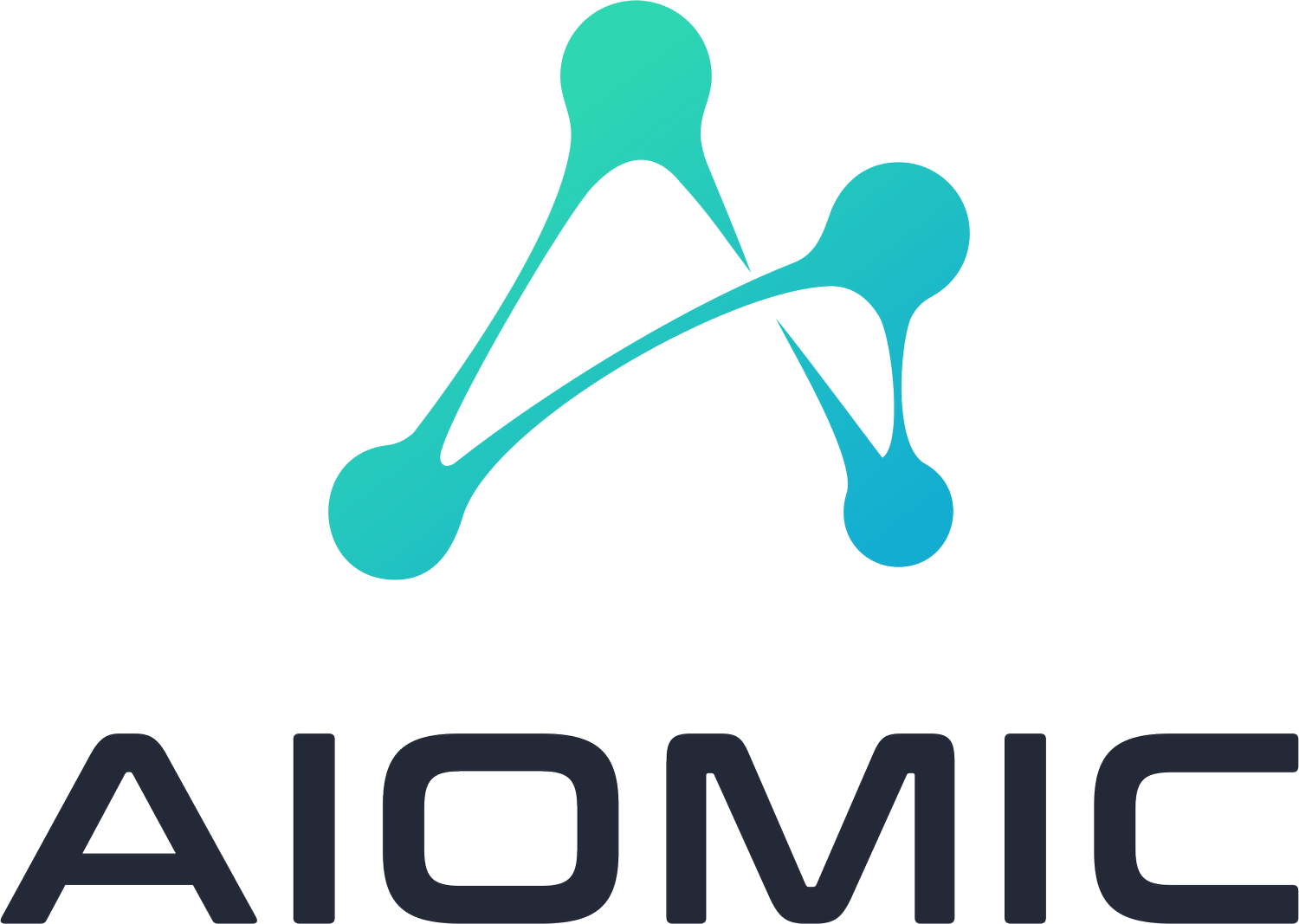Aiomic presents qualitative data abstraction research at the American College of Surgeons Quality and Safety Conference
Qualitative Development of an AI-Supported Data Abstraction Platform
Poster abstract
Background: Surgical clinical reviewer (SCR) data abstraction is the foundation of quality improvement programs for collection of high-quality data. Unfortunately, medical records are designed for documenting but not abstracting data, making the SCR’s job laborious and time-consuming. This qualitative work aimed to identify the most challenging elements of SCR workflow, identify the best way(s) to improve abstraction efficiency, and assess an AI-assisted case-selection and data abstraction platform.
Methods: Thirty-two interviews and 6 focus groups were conducted with 135 SCRs. Interviews identified the most time-consuming SCR tasks and what would increase efficiency. Focus groups watched demonstrations of a semi-automated case-selection and data abstraction platform, designed from SCR interview responses, and provided feedback on its usability and efficiency. Interview and focus group responses were analyzed with immersion crystallization.
Results: Interviewees revealed 5 challenging elements: finding data (53%), manual data-entry (22%), surgeon buy-in (11%), time constraints (8%), and evolving definitions/standards (6%). SCRs cited 4 ways to improve efficiency (41% identifying ≥2): AI for risk-factor and complication identification (53%), case-selection support (38%), variable auto-population (31%), and improved chart organization (22%). After viewing the platform, 46% felt it was extremely helpful saving a lot of time, 51% felt it was helpful saving some time, and 4% felt it was not helpful.
Conclusion: SCRs felt that better clinical data organization, more automation, and AI support were required for efficiency improvements. When shown a case-selection and data abstraction platform containing these functions, 96% of SCRs reported that it was a desirable tool and would save time.
